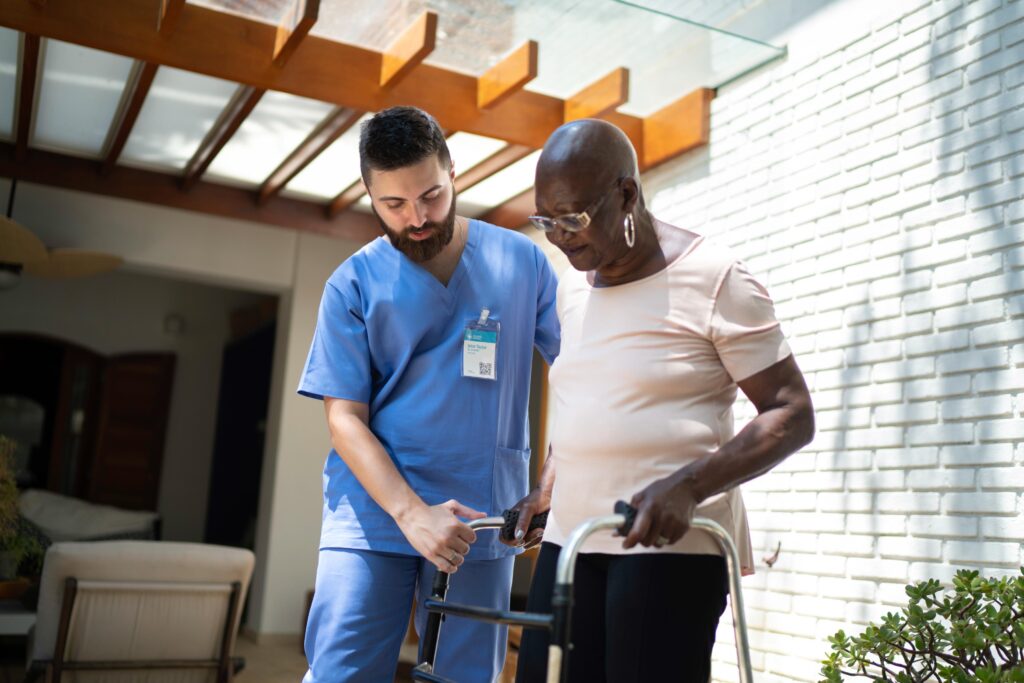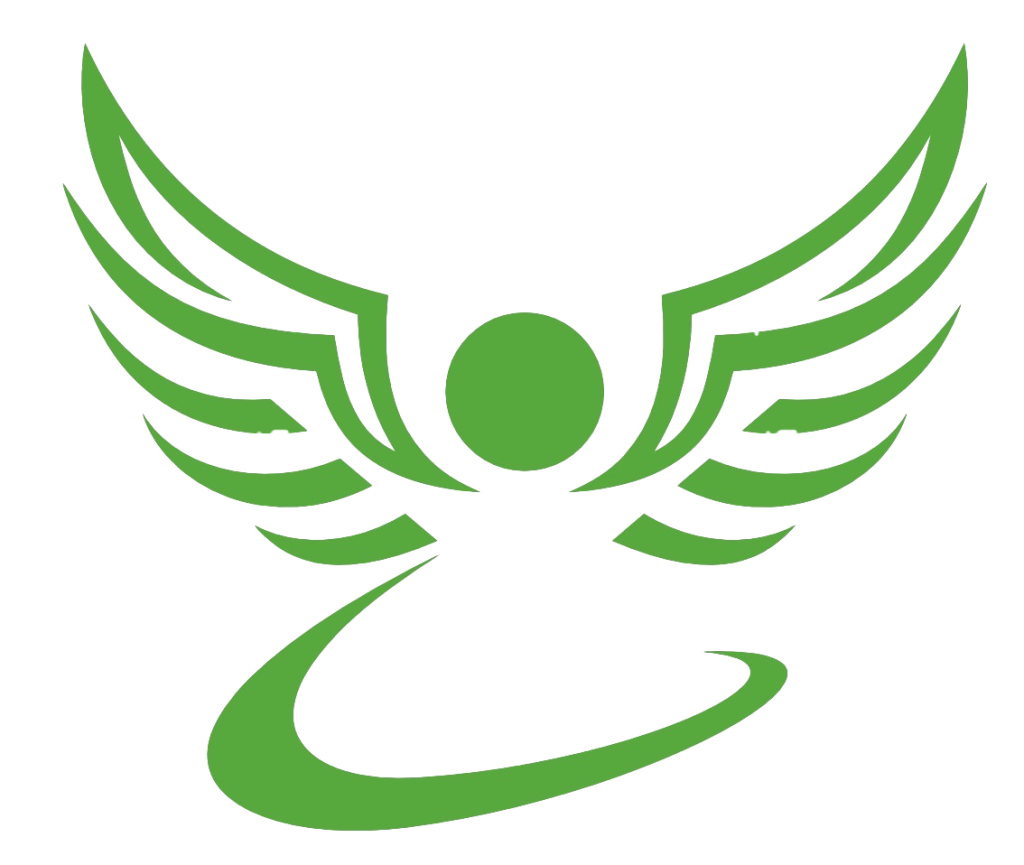It’s a relief to come home, but for seniors and their families, it can feel overwhelming in some ways. It may take time to recover, adjusting to life at home needs to be planned to be more smooth. This is a matter that is important to a lot of people, and here are some practical tips aimed at making this transition as smooth as possible while ensuring that seniors who have undergone the procedure get the care they need during recovery.
Set Up a Comfortable Recovery Space
Creating an environment that is able to support your loved one’s recovery, before they come home, is important. It should be easily accessible, and it should also be free of clutter. If you can, lay out a temporary sleeping area on the ground floor so you won’t have to go up and down the stairs more than you need to. Make sure that there’s gonna be enough room for any medical equipment, mobility aids or supplies which might be used by them. Make sure that essential items such as water, medicines and a phone fall easily within arm’s reach.
Recuperation is all about comfort so bits like pillows, blankets, and good lighting can make recovery a more restful experience.
Stick to Doctor’s Orders
It is important to follow the doctor’s care plan after a hospital discharge. That includes following the schedule for taking medications, following dietary restrictions, and showing up for planned follow-up appointments with the doctor on time. Keep a list of all post hospitalization instructions with you. Seniors who have trouble with mobility may want to ask their healthcare providers to schedule virtual visits so they can talk with their providers without having to leave the comfort of their home.
Keeping a medical diary is helpful for family members so that symptoms, medications and concerns may be documented. These can be useful when talking to doctors during the next follow up.
Manage Medications Safely
After a hospital stay, nursing home residents often have multiple medications prescribed which can be difficult to remember, especially to know what to take and when. If things get confusing, professional home care providers can fill in and make sure medications are being taken care of safely, or a simple pill organizer can help if it’s manageable. A home care service provider can remind them about the doses, so none are missed and also provide help taking medication.
Focus on Nutrition and Hydration
Nutrition is Recovery’s essential part. We know that eating the right foods can help add energy and speed up the healing of our body. Make meals that are easy to digest, nutritious, and hydrating. If your loved one was in surgery or sick and has been directed to a restricted diet, soups, smoothies and soft foods might be best. And, if they don’t have a strong appetite encourage small frequent meals.
It’s equally important to stay hydrated. To make water accessible throughout the day, keep bottles near to them, or try hydrating food such as cucumbers, melons or soups if drinking water seems challenging.
Make Movement Part of Recovery
After a hospital stay, gentle movement remains important to prevent stiffness and complications from blood clots. It may be recommended that physical therapy is done, depending on the person’s condition. Help with mobility can also be provided as a part of in-home care service.

Simple exercises such as light stretches or short supervised walks around the house shouldn’t result in putting too much strain on the body, so encourage those. With the help of these movements they can regain their strength and confidence, gradually.
Reach Out for Support
It’s okay to ask for help. Even if you’re the recovering senior or the family member looking after them, knowing when you need professional support and when you don’t can be very beneficial. With professional home care services, you get professional hands needed to handle the more challenging aspects of the recovery, and at the same time, the relief of knowing everybody is taken care of well.
Consider Home Care Support
Professional home care support is one of the most effective ways to ensure your loved one has an easy time recovering. A home care provider may help your loved one with his daily activities such as bathing, dressing, preparing meals, and making sure the home is safe. This relieves family members to focus on spending time with their loved ones, without having to be a full time caregiver.
Home care professionals can also monitor their progress of recovery, watch out for complications, if any, and keep healthcare providers informed should there be any problems.
1st Care Community is available if you or a loved one is recovering from a stay in hospital and requires professional help. We have a dedicated team of compassionate home care providers that can help recover seniors and improve their quality of living. To learn more about how we can make life at home easier, safer and more comfortable, visit our website.


